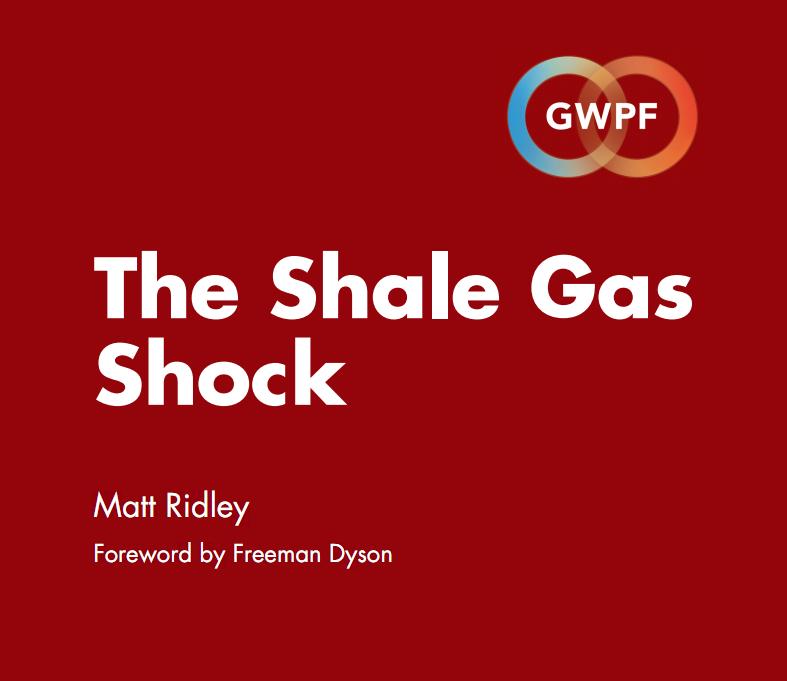
The report, The Shale Gas Shock, written by Matt Ridley and with a foreword by Professor Freeman Dyson, finds the following on shale gas:
- it is not only abundant but relatively cheap and therefore promises to take market share from nuclear, coal and renewable energy and to replace oil in some transport and industrial uses, over coming decades.
- it will help to keep the price of nitrogen fertilizer low and hence keep food prices down, other things being equal.
- it is unlikely to be a major source of pollution or methane emissions, but in contrast promises to reduce pollution and accelerate the decarbonisation of the world economy.
Matt Ridley, the author of the GWPF report:
Abundant and relatively cheap shale gas promises to lower the cost of gas relative to oil, coal and renewables. It indefinitely postpones the exhaustion of fossil fuels and makes reducing emissions of carbon dioxide possible without raising energy prices.
Freeman Dyson, in his foreword to the GWPF report, writes:
Shale gas is not a perfect solution to our economic and environmental problems, but it is here when it is needed, and it makes an enormous difference to the human condition….Matt Ridley gives us a fair and even-handed account of the environmental costs and benefits of shale gas. The lessons to be learned are clear. The environmental costs of shale gas are much smaller than the environmental costs of coal.
Read the full report online[PDF].


